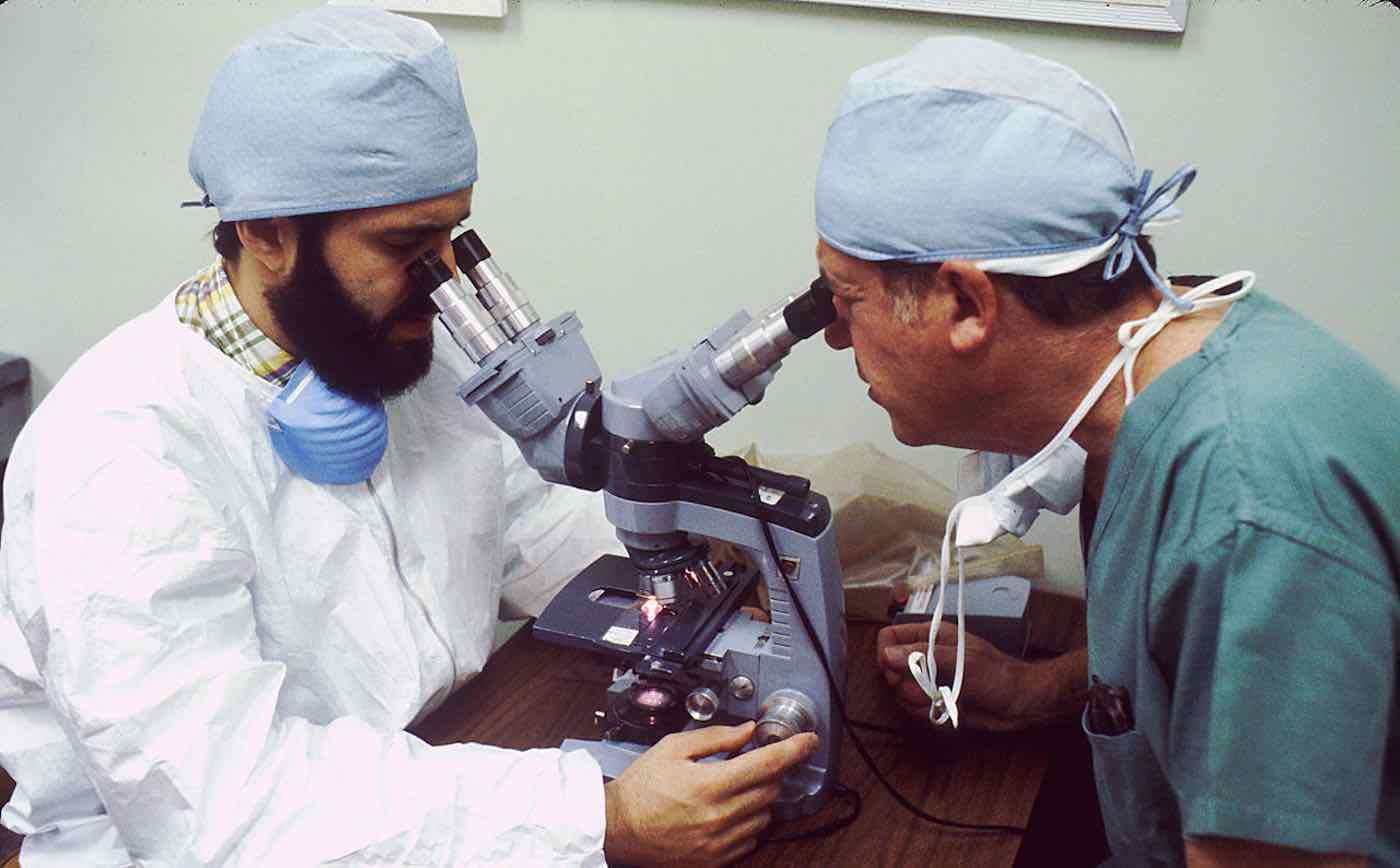Reprinted with permission from World At Large, a news website on politics, nature, science, health, and travel.
A new paper awaiting peer-review from Harvard Medical School has found evidence that the human microbiome has a greater power of detecting disease and predicting mortality than the current applications derived from genetic mapping.
This remarkable finding was achieved by examining 47 studies that looked at the relationship between the genetic makeup of gut microbes and the association with 13 diseases such as hypertension, asthma, and schizophrenia. These were then compared with 24 gene-wide association studies (GWA) which correlate specific human genetics and various diseases.
This has been a major strength of GWA studies in the past, and such meta-analyses have been used to determine major findings like the melatonin-receptor gene of the pancreas that inhibits insulin release. This was found by looking through GWA studies to find the number one associated genetic marker for obesity, which then led to the time-restricted eating and intermittent fasting diets now popular in America today.
However, the paper—published on the scholarly reprint site bioRxiv—demonstrated that the microbiome was 20% better at predicting an ill person than GWA studies. In some circumstances, the margin was far greater; for instance, the microbiome is about 50% more accurate at predicting colorectal cancer than the individual's own genetics.
The understanding of the powerful influence that the human microbiome has on our physiology is only growing in scale the more we perform this type of research. In 2012, the microbiome was described as our "second genome" due to its importance for understanding genetic factors and influences on disease and health.
Datasets from the American and British Gut projects have deepened our understanding of the complex interactions between our food, genetics, and lifestyle on the colonies of trillions of tiny organisms that live on our skin, in our brains, and in our GI tracts.
"Gut microbiome species diversity has been theorized as playing an important role, either as a correlative, causal, or associative factor, in the greater obesity epidemic affecting much of the world, as well as several other diseases," World at Large detailed in an examination of the American and British Gut datasets.
Jeroen Raes of the VIB-KU Leuven Center for Microbiology told Science that the gap in understanding between our own genetics and the microbiome means it's "risky" to compare the two. However, he added that when trying to predict diseases with a strong environmental, and weaker genetic component—such as type 2 diabetes—the gut microbiome could go a very long way indeed in helping clinicians identify pre-diabetics earlier and more accurately.
About 1 in 10 Americans has type 2 diabetes according to the CDC, and managing the disease from age 45 until death can cost the American healthcare and insurance systems tens of thousands of dollars per patient.
In a second study that is currently also awaiting peer-review, Finish researchers looked at the correlation between a person's microbiome and their life span. Donated stool samples from thousands of Finish individuals from 1972 through to 2002 were examined 15 years post-sequencing for their microbial content.
Individuals with large populations of certain kinds of enterobacteriaceae—potentially infectious bacteria which include escherichia coli and salmonella, were found to have a 15% greater chance to die in the next 15 years.
It's unclear in both studies whether the associations are caused by bacteria having a direct effect on disease and mortality or if the microbial communities are reacting in some way to the genetic or environmental changes that are causing the unfavorable states of health.
Regardless, the discoveries could have a dramatic impact on how the medical community diagnoses, prevents, and treats diseases in the future.
Treat Your Friends To The Fascinating News — Share To Social Media…










Be the first to comment